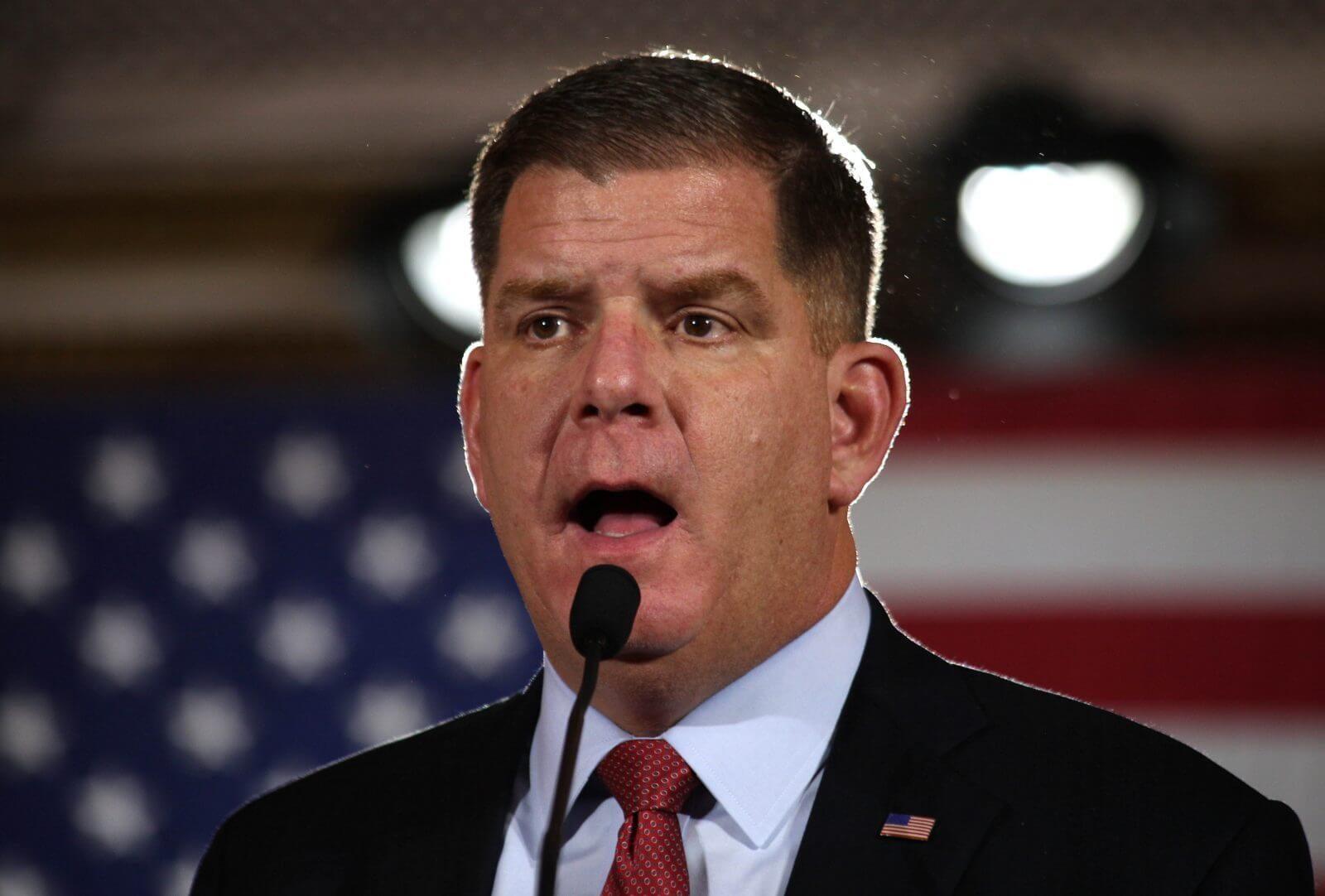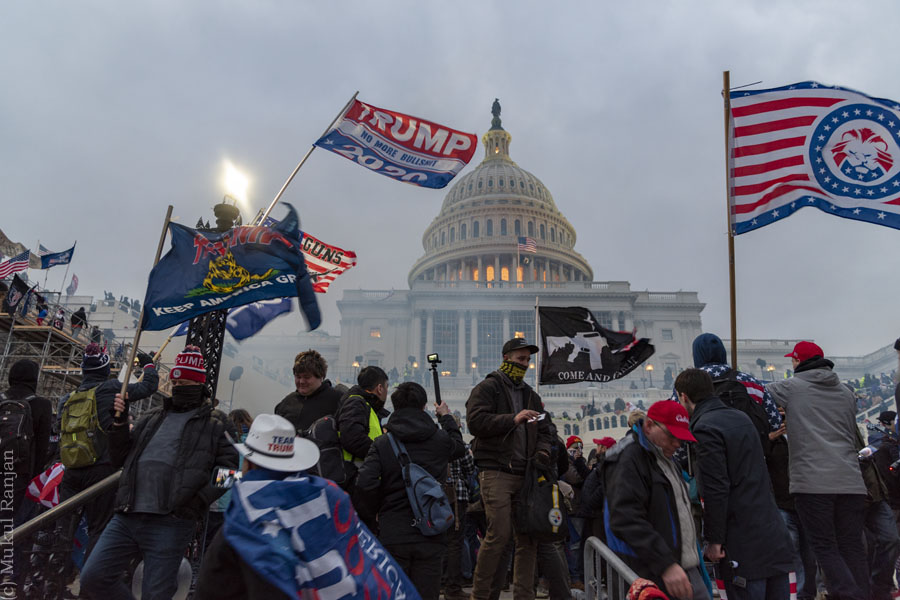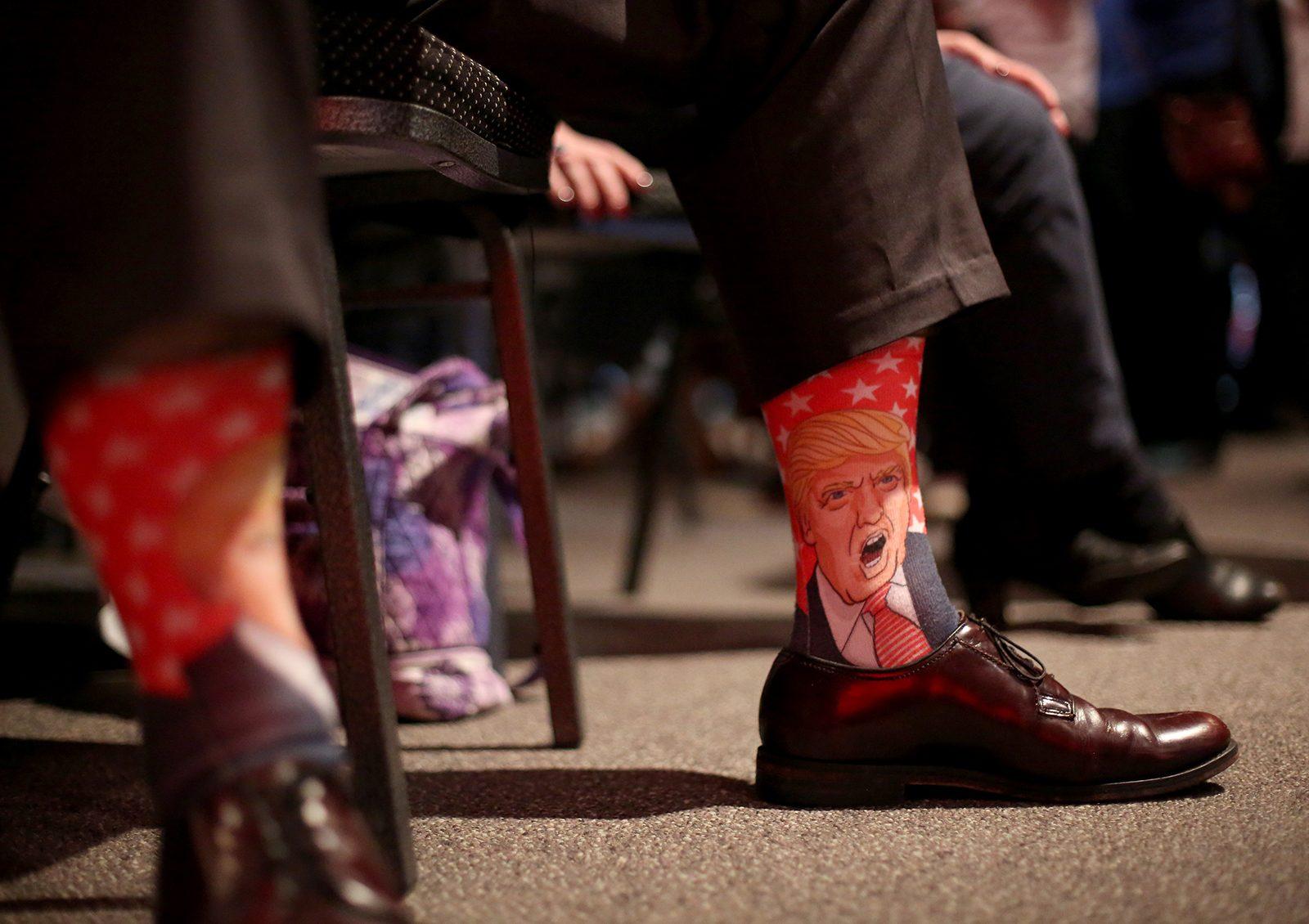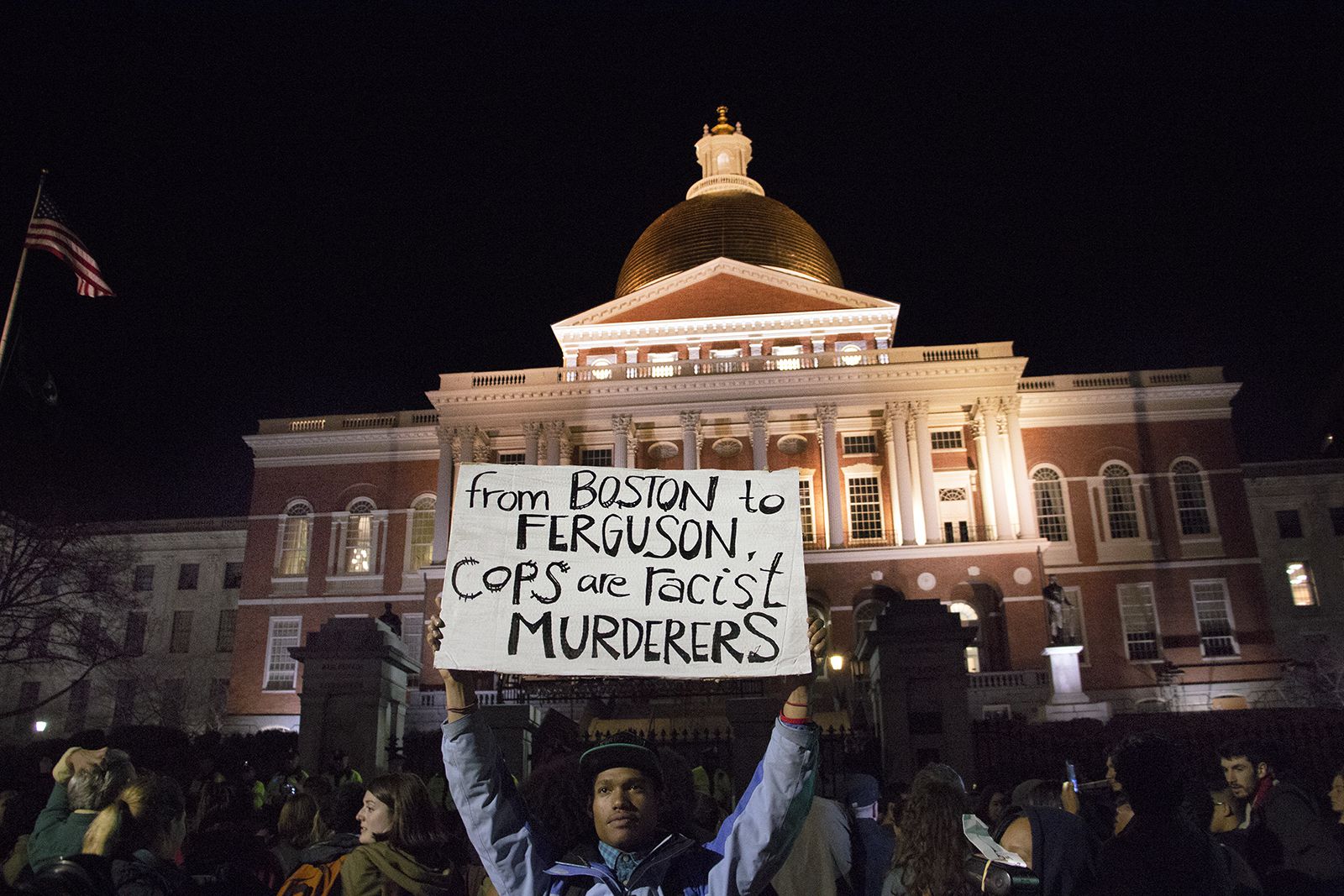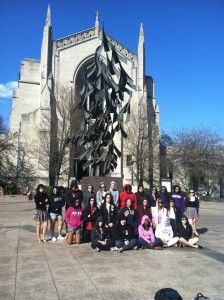
About 40 Boston University students donned hoodies and stood around the Martin Luther King Jr. memorial in Marsh Plaza Thursday afternoon in protest of the recent death of Trayvon Martin.
The students were among the many Million Hoodie Marches around the country that is in protest of the outcome of the Martin shooting.
After their protest, the students, who are a part of the sociology of race and ethnicity course taught by Professor Ruha Benjamin, gathered on the BU Beach behind the plaza and continued with their discussion about Trayvon Martin, which led to analyses of how race is viewed in the media, government and entertainment industry.
Benjamin and a number of students posed in their hoodies early last week for a photograph that was added to the “Million Hoodies March for Trayvon Martin” Facebook event page, along with countless others. The photograph was featured in a blog post by the New York Times Wednesday.
The U.S. Justice Department announced Monday its launch of an investigation into Martin’s death.
Martin was a 17-year-old black teenager who was fatally shot outside of a gated community in Sanford, Fla., by a member of the community watch in late February, according to news reports. The gunman, George Zimmerman, said he killed Martin in self-defense, even though Martin was unarmed. Zimmerman was not arrested.
Florida is one of 21 states in the U.S. with the “Stand Your Ground” law, which allows a person to use lethal force rather than retreat during a fight. With the law, Florida residents are allowed to carry concealed weapons with a permit. State law allows for private sales between residents without going through the Federal Firearms License.
In an op-ed for FOX News released Wednesday, Florida Rep. Dennis Barkley, who authored the bill that became the “Stand Your Ground” law, said he does not believe the law protects Zimmerman in the incident.
The possibility of Zimmerman using a racial slur before shooting Martin became a source of debate in the issue after the Sanford Police Department released the 911 tapes, according to news reports.
Aubrey Ruben, a sophomore in the College of General Studies, said she was appalled that it has to come to having nationwide protest for justice to be carried out.
“It has gone to a point where a movement like the hoodie movement has to be made,” Ruben said. “We shouldn’t have to do this to get them to reconsider.”
Arielle Sharma, a College of Arts and Sciences junior, said she could not wrap her head around the circumstances surrounding the shooting.
“My ultimate plan is to be a defense lawyer, so normally when things like this come up, I am normally on the side of the guy who committing the crime,” Sharma said “But there was not a single thing that I could come up with that could justify this.”
Benjamin said her two sons came to mind when she first heard about the Martin shooting. He said she considered the shooting as a type of terrorism on the black community because while it may not have hurt or effected many people physically, it has had an impact emotionally and mentally.
“Basically that what these laws implicitly say is that we are going to protect guns more than we are going to protect children,” Benjamin said. “We need to take a huge deep look and transform our gun laws in this country, and this law in Florida is just one example.”
















































































































